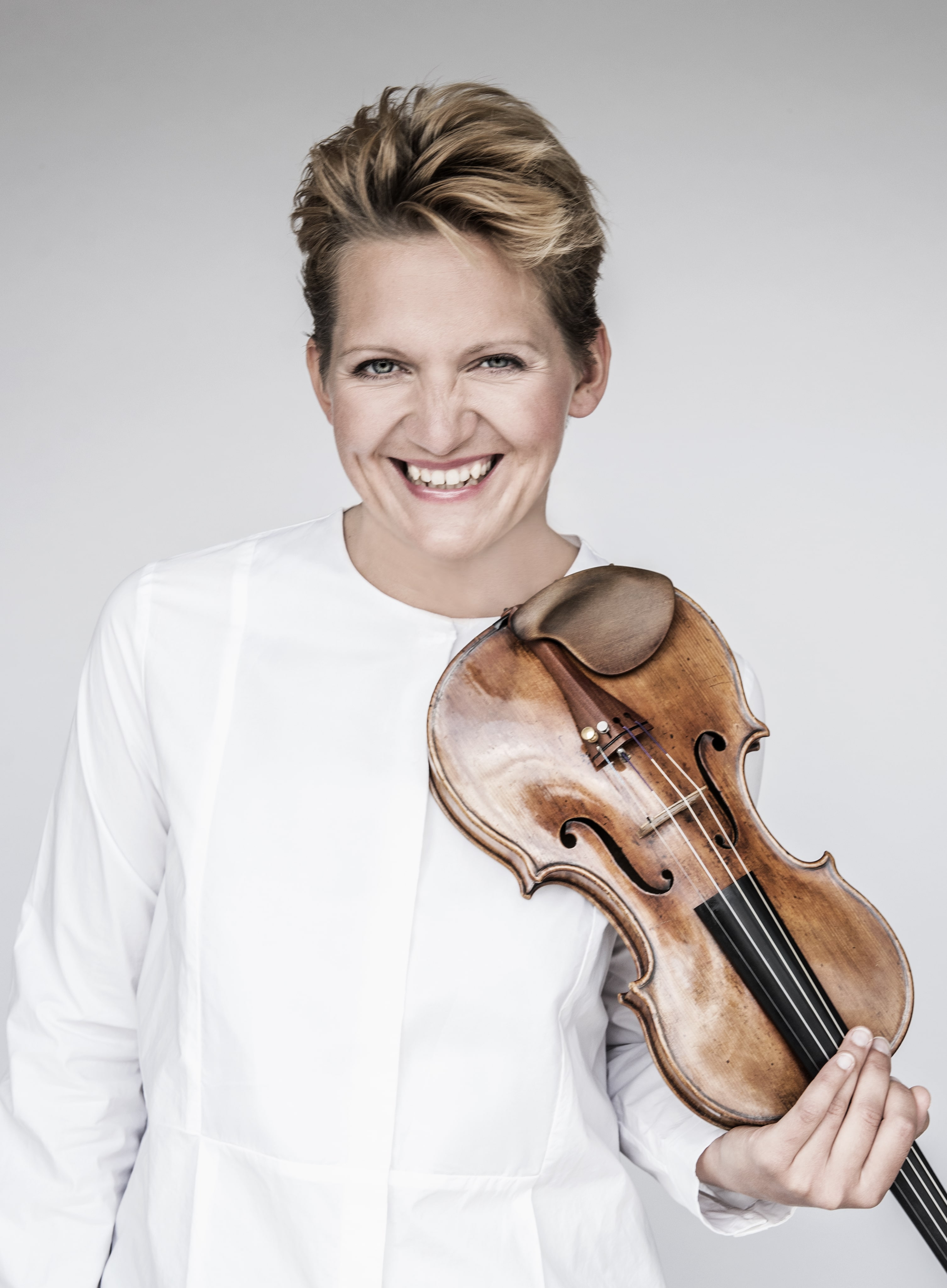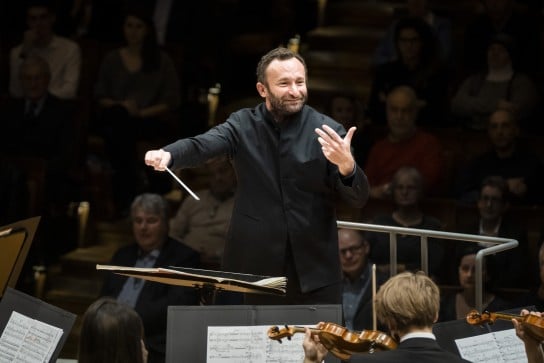Breaking: First female concertmaster quits the Berlin Philharmonic
NewsIn a move that has shocked the orchestra, concertmaster Vineta Sareika has told the Berlin Philharmonic she will be leaving in February. Sareika has spent three years in the orchestra and 18 months in the hot seat. The tone of her departure notice suggests they have been turbulent. But then the Berlin Phil is a demanding orchestra and, when the going gets tough, the less-tough get going.
Sareika is the first woman ever to serve on a regular basis as concertmaster of the Berlin Phil.
Sareika, who is Latvian, joined the Berlin Phil first violins in February 2022 after the break-up of the famed Artemis Quartet, in which she was leader for nine years. She was appointed concertmaster exactly a year later.
Her abrupt departure raises inevitable questions about the orchestra’s culture, as well as her own adaptability.
Here’s Sareika’s announcement on social media:
After three enriching and exciting years with the Berlin Philharmonic I have made the decision to leave the orchestra.
It has been an honor for me to serve as its first ever woman concertmaster and I am truly grateful for this unique life experience, fantastic concerts and inspiring encounters.
One of the many valuable learnings during the past years however is that being part of this particular orchestra is not the path I’d like to continue on in the future. I wish the orchestra the best of luck finding a fantastic new colleague for this position, I am at the same time looking forward to the next chapter of my personal musical journey.
My last concerts as concertmaster of the Berlin Philharmonic will take place in February 2025.






Comments